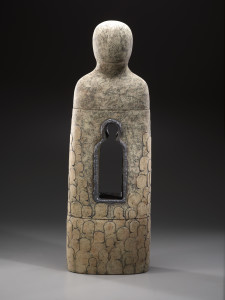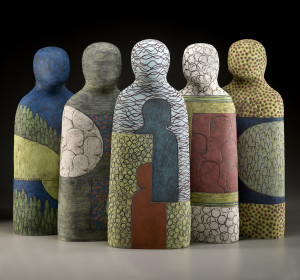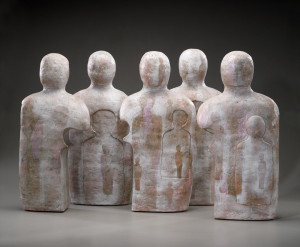I work in London, a very diverse city of over 8 million people. At least 30 nationalities are listed in the 2011 Census, a real mix of nations from Africa, Asia, Europe and the Americas.
As a Londoner by birth, I welcome and enjoy this diversity. As a therapist, I see its impact on people living here, including positive feelings of excitement and creative opportunity and more difficult feelings of exclusion and isolation. So it is important for me to understand as much as possible the cultural and social forces at work on my clients.
One of the ways I learn about the social context in other countries is through belonging to international psychotherapy associations. This is part of my commitment to continuing personal development.
According to the Census figures, Americans are the 12th largest nationality group in London, almost 64, 000 people. So I was delighted earlier this year to go to San Francisco for the annual conference of the American Group Psychotherapy Association. I was honoured to receive the Mary M Tanenbaum Scholarship from the US Group Foundation for Advancing Mental Health in order to attend.
It was a huge event – 1100 participants overall and lasting six days. I wore my First Time Attendee pink ribbon with some embarrassment initially but then enjoyed the effect as people were so genuinely welcoming. It was exciting to be sharing with American colleagues my passion for what group therapy can achieve.
In the workshops, I pursued my particular interests in attachment theory and the effectiveness of short-term psychotherapy, both with individuals and groups. Also the USA has seen an unprecedented pace of change in terms of attitudes to same-sex marriage, as has the UK. I am interested in how that is being reflected in the psychotherapeutic world, both in terms of what clients bring and how therapists think about their own preconceptions.
What did I come away with? Americans are known for being more direct than the reserved British and I think this shows up in how they practice psychotherapy. I liked the energy and immediacy with which my American colleagues help clients to identify their feelings right here-and-now, rather than stay too long in the realm of thoughts or the past. I liked their frequent curiosity about what the body is registering, not just the mind.
Thanks to my continuing membership of AGPA, I can continue to enjoy the connection of ideas and practice through the online community and am looking forward to attending the next annual conference in New York in 2016.
August 2015



